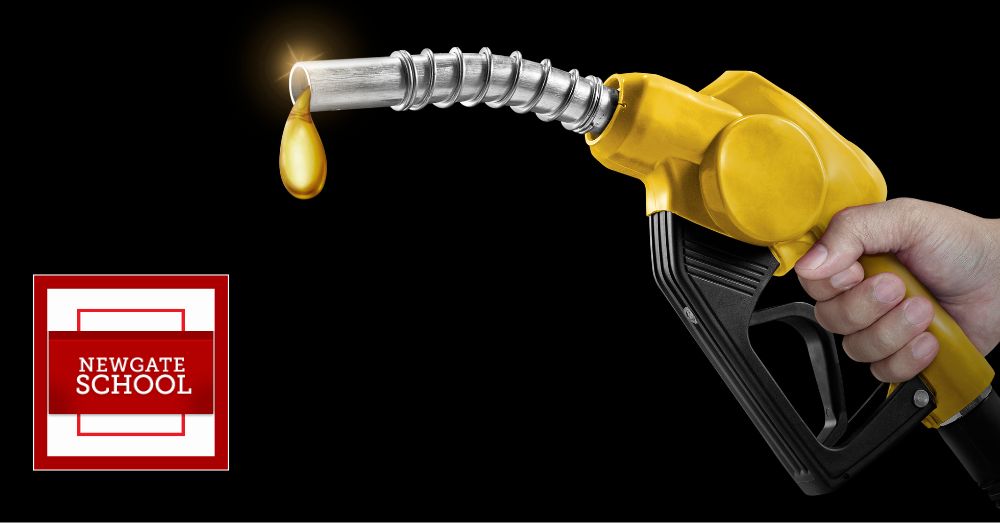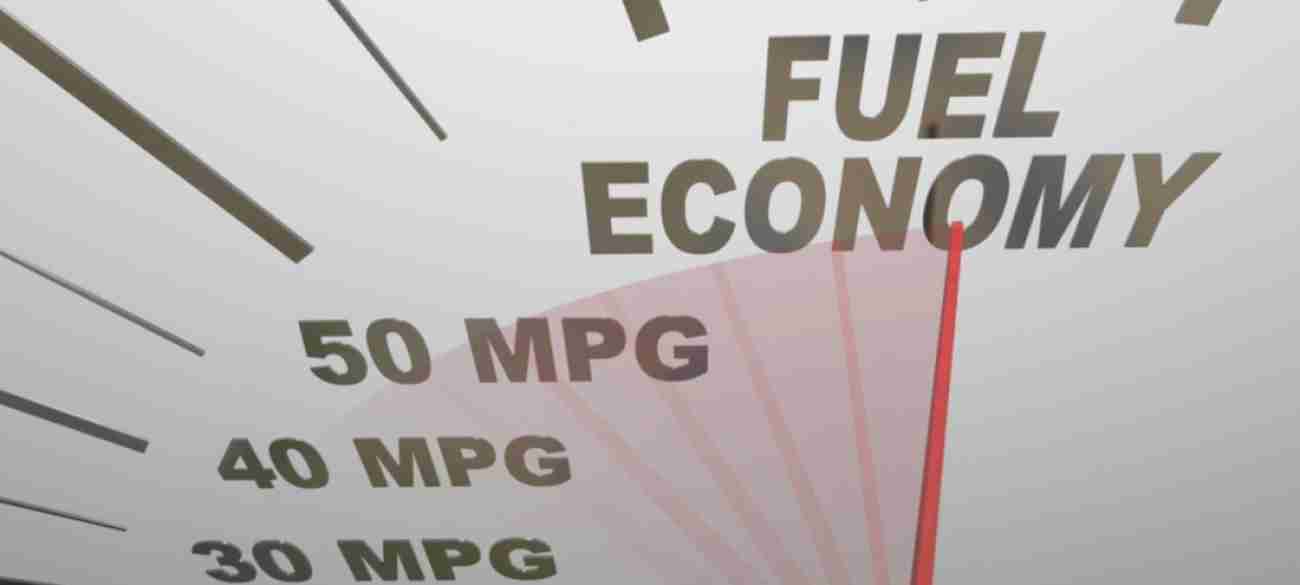How To Get Better Gas Mileage From Your Car: 10 Ways To Drive More Efficiently
Does it seem like your fuel economy isn't what it should be? Before you start looking at more fuel-efficient cars in Minneapolis, MN, you might take a look at your driving habits and maintenance habits for your current vehicle.
You may be causing lower fuel economy simply by how you drive. We'll take a look at how the following affect your fuel consumption:
- Excessive Short Trips
- Aggressive Acceleration
- Speeding
- Hard Braking
- Idling
- High Vehicle Weight or Towing
- Frequent Cold Weather Travel
1. Get Better MPG By Changing Your Driving Habits
Your driving habits actually have a significant effect on your fuel economy. Your engine works most efficiently when it's fully warmed up. Therefore, short trips of only 15 minutes or so can bring down your fuel economy. Idling longer isn't a good solution, so instead, consider how you can complete more errands in one outing and drive to the furthest one away first.
2. Aggressive Driving Hurts Your Fuel Economy
Aggressive driving usually consists of hard braking and acceleration. It forces your vehicle to switch gears faster than what is optimal for good fuel economy. EPA tests show that frequent hard braking and fast acceleration can reduce your gas mileage by up to 33% in highway driving.
3. Too Much Weight Decreases Gas Mileage
Sometimes, you need to tow or carry heavy items in your trunk or cargo hold, but keeping a lot of weight in your vehicle on a regular basis will decrease your fuel economy. When your trunk is full, or you have a cargo rack or trailer, your engine has to work harder to bear this extra weight.
4. Buy Good Gas
Some years ago, automotive manufacturers got together to design a Top Tier program for gas to meet high standards for their engines. Major gas brands like Costco, Chevron, and Shell participate in this program. You can identify Top Tier gas by the trademarked logo at the station. Buying Top Tier gas helps increase your gas mileage, decreases emissions, and helps with drivability issues like hard starting and stalling.

5. Keep Your Car Maintained
Your car's fuel economy is also affected by how well it's maintained. Staying on top of maintenance can help you avoid problems like clogged air filters or leaking fuel injectors. Regular oil changes also help your car achieve the MPG you expect. The following maintenance items can lower your fuel economy:
- Clogged Air Filters
- Fuel Injector Problems
- Under Inflated Tires
- Spark Plug Issues
- Tire Alignment or Problems
6. Keep Your Tires Properly Inflated
Part of maintenance is keeping an eye on your tires. Worn tires or underinflated tires can reduce your MPG. Your car's tires lose roughly 3 PSI per month, which means you could be nearly 10 PSI underinflated if you don't check your tires for a few months.
7. Travel Right in Cold Weather
When it’s cold, your car takes longer to warm to the correct operating temperature. It also spends less time at the desired temperature. It’s even more important not to take too many frequent short trips in cold weather.
8. Drive the Speed Limit
Speeding reduces your fuel economy by up to 30% on the highway. Driving faster creates more air resistance, which means your engine has to work harder. Driving the speed limit more often can increase your MPG.
9. Use the Right Oil
As mentioned earlier, regular oil changes help your fuel economy. However, it’s also important to use the correct oil to reduce engine friction. In most cases, a synthetic or semi-synthetic oil is the best.
10. Use Cruise Control
If you’re driving on the highway, one of the best ways to optimize your fuel economy is to use cruise control. This keeps you at a steady speed and avoids excess braking or stepping on the gas too often. Optimize the way you drive your car and keep it maintained. The result will be improved fuel economy.
Hire a Newgate School Student
Want to make sure your vehicle is running optimally? Is your car, truck, or SUV in need of automotive repair or routine maintenance, but you don't want to take it on yourself? Hire a Newgate School student in Minneapolis, MN, and surrounding areas to help you! Our automotive students receive tuition-free training for auto mechanics and auto body repair and maintenance so that they have the expertise they need to help you get the job done.
Need a new hire for your auto body shop, automotive dealership, automotive service center, or repair shop? Hire a Newgate student and help them begin their automotive career as an automotive technician or auto body technician today.

